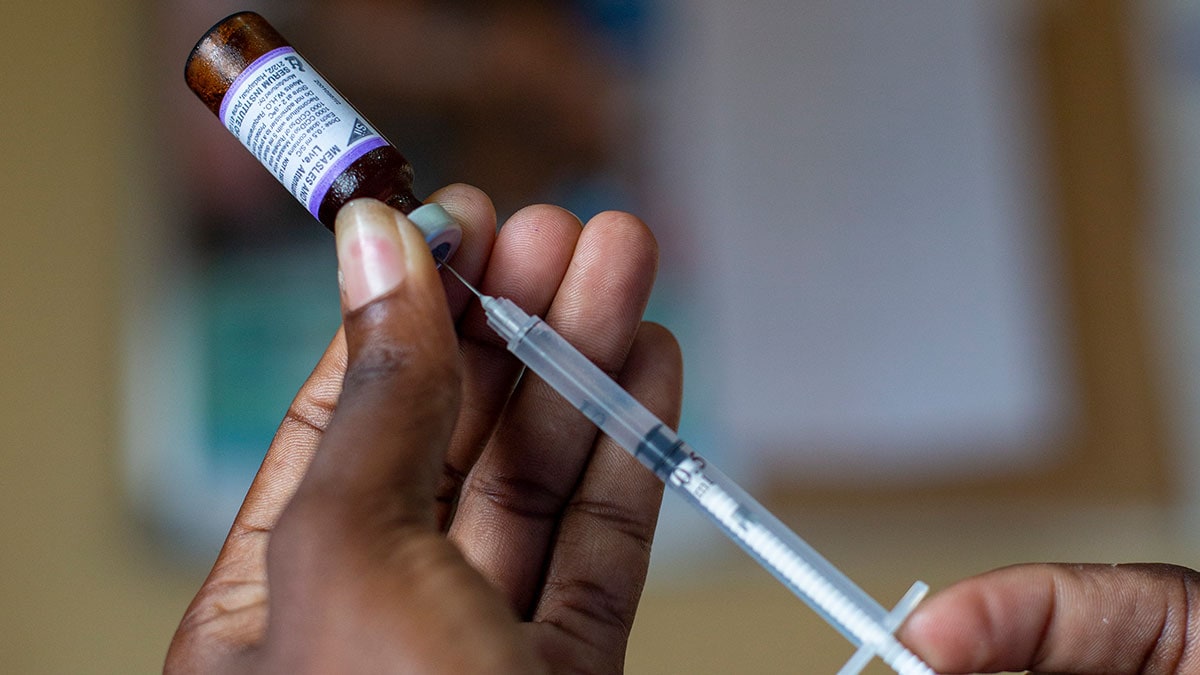At a glance
CDC supports countries and regions in their goal to eliminate rubella by strengthening vaccination programs and promoting health equity.

Supporting rubella elimination
Rubella can be eliminated.
Five of the six regions recognized by the World Health Organization have a goal to eliminate rubella.
CDC is a founding member of the Measles & Rubella Partnership (M&RP), a global initiative to lead and coordinate efforts to achieve a world without measles or rubella. In collaboration with M&RP, CDC works on activities that will achieve and maintain rubella elimination, including:
- supporting rubella vaccine introductions into national immunization programs
- increasing rubella vaccination coverage
- strengthening surveillance systems to detect rubella quickly
- confirming cases through a global laboratory network
- promoting safe vaccination practices

Promoting health equity
In low- and middle-income countriesA, more babies are protected from rubella than ever before. Because of vaccination activities, 80% of all children worldwide have access to rubella vaccines. Over half of the world's countries have eliminated rubella.
Despite this progress, more than 32,000 infants are born with congenital rubella syndrome each year. The overwhelming majority of these children live in countries that do not include rubella vaccines in their national programs.
To promote health equityB, CDC is working with partners to support the 19 remaining countries to introduce rubella vaccines.
Rubella vaccination is almost always done with measles vaccination.
- The World Bank classifies countries based on their gross national income per capita, or the total income of the country divided by the number of people living there.
- Health equity is the state in which everyone has a fair and just opportunity to attain their highest level of health.
